No reason can be given for the nature of God, because that nature is the ground of rationality
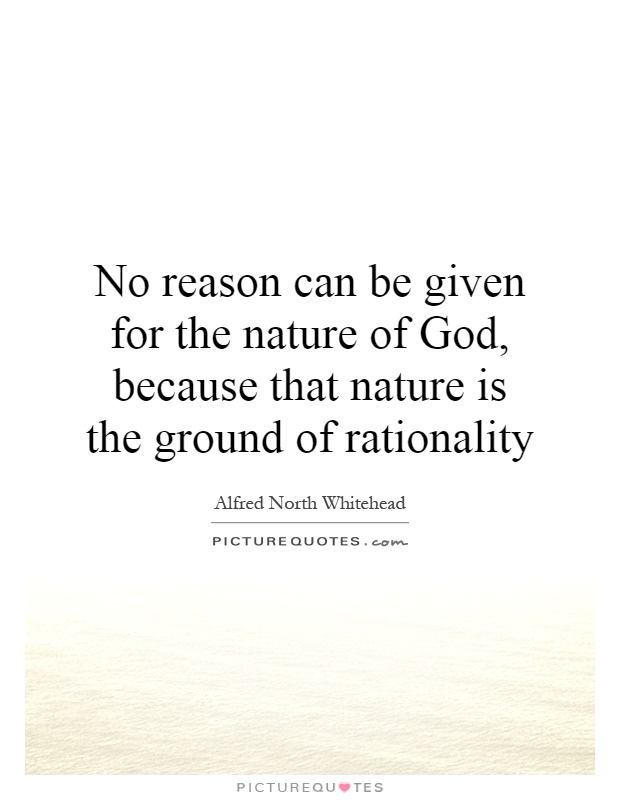
No reason can be given for the nature of God, because that nature is the ground of rationality
Alfred North Whitehead, a prominent philosopher and mathematician, is known for his groundbreaking work in the fields of metaphysics and philosophy of science. One of his key ideas is the concept of God as the ground of rationality, which he explores in his seminal work "Process and Reality."Whitehead argues that the nature of God cannot be fully understood or explained through reason alone. He posits that God's nature is the foundation of rationality itself, meaning that any attempt to provide a rational explanation for God's nature would ultimately fall short. In other words, God's nature is beyond human comprehension and cannot be reduced to a set of logical principles or explanations.
This idea challenges traditional theological and philosophical approaches to understanding God, which often seek to define and explain God's nature through rational arguments and theological doctrines. Whitehead's concept of God as the ground of rationality suggests that God's nature is not something that can be fully grasped or articulated through human reason alone.
Instead, Whitehead proposes a more holistic and relational understanding of God, one that emphasizes the interconnectedness of all things and the dynamic nature of reality. In this view, God is not a static and unchanging being, but rather a dynamic and evolving presence that is intimately connected to the ongoing processes of the universe.
Whitehead's concept of God as the ground of rationality has profound implications for how we understand the nature of reality and our place within it. It challenges us to rethink our assumptions about the nature of God and to embrace a more open and inclusive understanding of divinity.
Overall, Whitehead's idea that no reason can be given for the nature of God because that nature is the ground of rationality invites us to explore new ways of thinking about the divine and to embrace a more expansive and inclusive vision of reality. It challenges us to move beyond traditional theological and philosophical frameworks and to embrace a more dynamic and relational understanding of God and the universe.

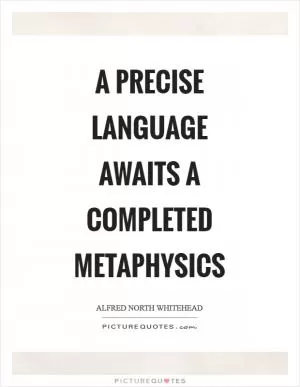
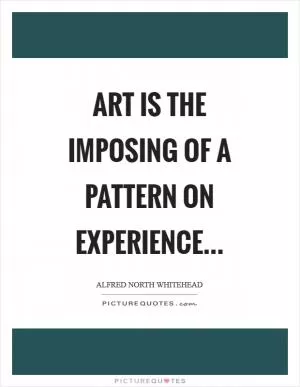

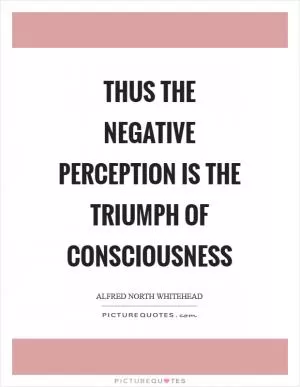
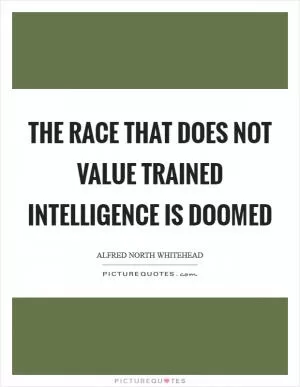
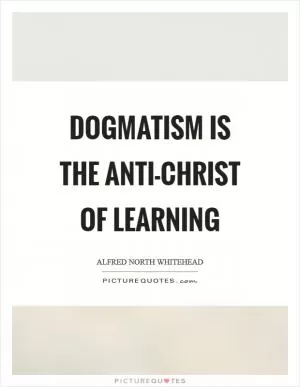
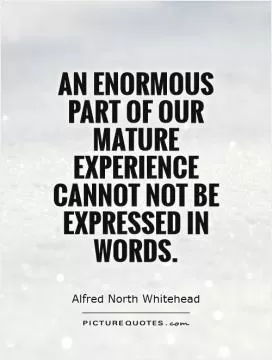
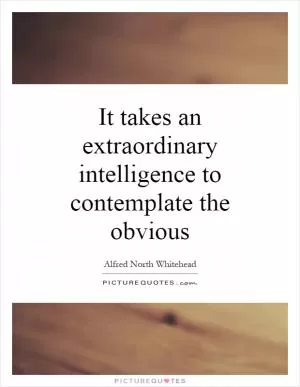


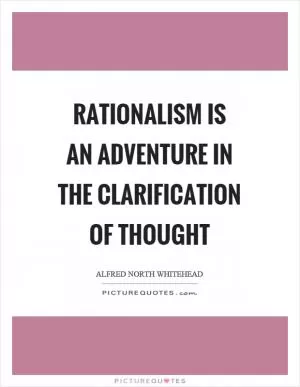
 Friendship Quotes
Friendship Quotes Love Quotes
Love Quotes Life Quotes
Life Quotes Funny Quotes
Funny Quotes Motivational Quotes
Motivational Quotes Inspirational Quotes
Inspirational Quotes